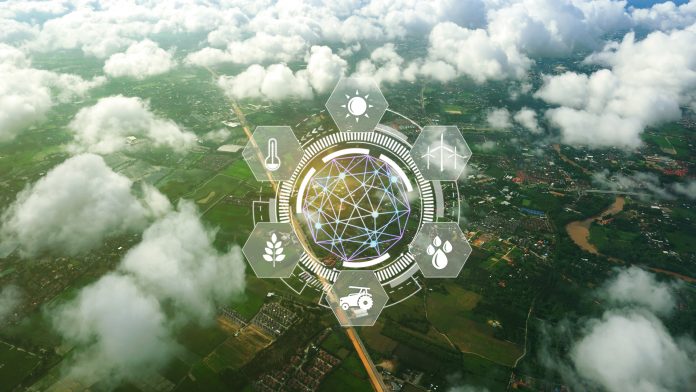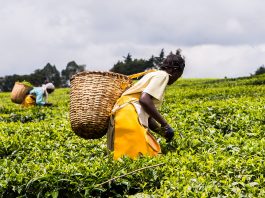Climate experts, farmers, and NGOs have called for food systems, agriculture, and soil to receive greater visibility in the final Global Stocktake Report after the COP28 summit was finalised yesterday.
Food systems are responsible for a third of global greenhouse gas emissions, so experts agree that a global transition to regenerative agriculture would mitigate this impact.
This transition is crucial in keeping global temperatures below 2°C, as regenerative agriculture would sequester around 27% of these emissions.
Sustainable agriculture is vital for mitigating climate change
While agriculture is mentioned once in the report, sustainable food systems and soil, our planet’s largest terrestrial carbon sink and contributor to climate change, are not referenced.
The global Save Soil movement (backed by the UNCCD, UNEP, UNFAO, and World Food Program) has called on the report to inspire nations to recognise healthy agri-soil as a critical carbon sequestration solution and establish national policies for soil health.
Speaking on the issue, Praveena Sridhar, Chief Technical Officer of the Save Soil movement, stated: “Agriculture, and namely soil, is a key climate solution that is being overlooked in the COP 28 text. There have been some hugely positive strides forward this year at COP, including the UAE Agriculture Declaration.
“If it is not also positioned as a key solution in the Global Stocktake report, a huge opportunity to inspire nations towards focused policy change towards regenerative food systems will be lost. This couldn’t be more critical for our survival – regarding carbon sequestration and food security.”
“When the collective energy of 600 million farmers who work on 4.8 billion hectares of land is directed towards efforts to improve their soil quality, restore land and undertake climate-smart agriculture, we will see major and global changes in addressing the triple planetary crisis of climate change, biodiversity and pollution,” added Dr Muralee Thummarukuddy, Director of the G20 Global Land Initiative Coordination Office of the UN Convention to Combat Desertification.
Transforming our food systems can provide these necessary changes
While agriculture being acknowledged briefly at COP28 is still a step in the right direction, it must be recognised that food systems are broken differently, as nearly 400 million people face food insecurity.

However, transforming our food systems can provide much-needed change that ranges from fighting poverty to sequestering carbon.
Sadhguru, founder of the global Save Soil movement, was invited to join world leaders at the COP28 plenary sessions focused on transforming food systems and climate finance, alongside heads of state, including Emmanuel Macron, Rishi Sunak, Narendra Modi, Giorgia Meloni, UAE Minister of Climate Change Mariam Almheiri, and US Secretary of State Anthony Blinken.
He said: “The source of all life and livelihood is rich soil. Without affirming and enacting soil conservation measures, the devastating repercussions on farmer livelihood, climate change and unplanned migration will be unparalleled. Now is the time to act.”
Dr Martin Frick, Director of the World Food Program Global Office, Berlin, concluded: “Food is only mentioned once in the draft text on the global stocktake. COP28 must seize the possibility to get it right, to focus on the poorest smallholders and empower them to restore land and livelihoods and thus become a force to fight the climate crisis.”









